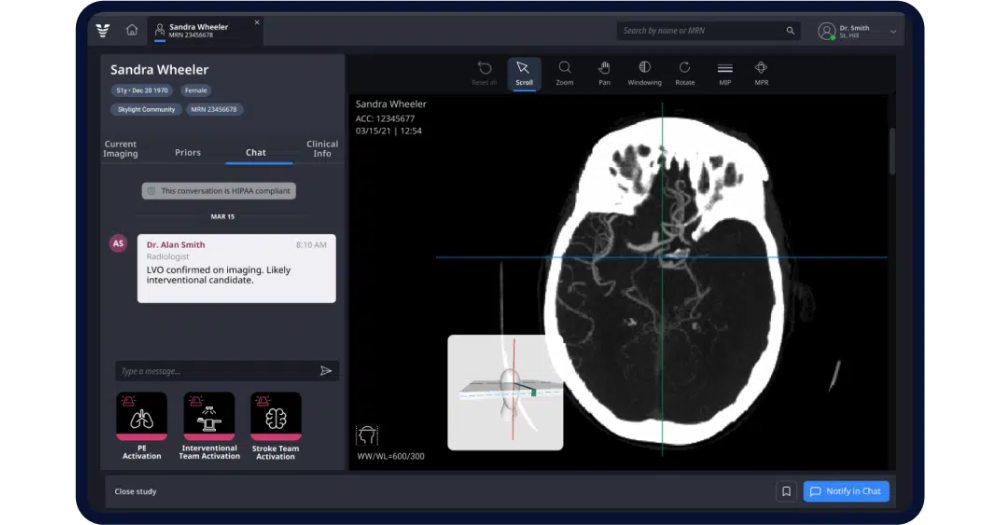Viz.ai, Novartis team up to improve cancer care with AI

The healthcare AI company Viz.ai has teamed up with pharma heavyweight Novartis to take on cancer's biggest bottleneck: delayed diagnosis and treatment. Their new multi-year alliance zeros in on prostate and breast cancer, aiming to find at-risk patients faster and connect them to the care they need, when they need it. It's a strategic expansion for Viz.ai into oncology, and frankly, a shot in the arm for precision medicine.
"Every day matters," said Chris Mansi, MD, CEO and co-founder of Viz.ai. "This collaboration is part of our broader strategic expansion into oncology." And for patients stuck in limbo between symptoms and treatment, those days can be the difference between life and loss.
How will it work?
At the center of this partnership is Viz.ai's Oncology Suite — an AI-driven workflow engine built to detect and act. Here's how the magic happens:
- Viz Prostate Cancer: This tool will scan patient records and data to identify men who meet guideline-based criteria for treatment. Turns out, only one in four prostate cancer patients gets the recommended care. This tool wants to change that by flagging eligible patients and streamlining referrals.
- Viz Breast Cancer: Designed to be a breast oncologist's right hand, it will pull together risk-relevant data automatically, surface treatment guidelines based on that data, and help the care team work together more smoothly.
No more chasing labs, sorting through faxes, or waiting on hold. Just fast, informed decisions — powered by smart software.
Why does it matter?
Cancer care is a race against time, but too often patients are stuck in a marathon of paperwork and red tape. The consequences? Missed diagnoses, delayed therapies, and poorer outcomes.
As Ethan M. Basch, MD of UNC bluntly put it: "Too often, patients with cancer are identified late or fall through the cracks of an increasingly complex care system."
By automating early detection and coordination, this alliance is working to seal those cracks — and save lives. The tech isn't just fancy; it's functional. It's the kind of digital infrastructure that turns data into action.
Rodney Gillespie of Novartis echoed this vision: "By sharing key insights with Viz.ai, we will develop AI-powered solutions to quickly help reach patients who could benefit from guideline-based targeted treatments... helping significantly expedite their care."
In plain English: this isn't just about algorithms — it's about getting people the right treatment before it's too late.
The context
Viz.ai built its name in stroke detection, showing how AI could radically shorten the time between image capture and clinical decision. Now, they're betting that the same approach can reshape oncology — starting with two of the most common and complex cancers in the world.
- Prostate cancer: Many eligible patients are simply never identified. That's thousands missing out on care that could extend their lives.
- Breast cancer: It's the most diagnosed cancer in the U.S., and managing it often means juggling data, tests, and specialists. Viz.ai wants to take the friction out of that process.
In short, this collaboration is a sign of things to come — where AI doesn't just assist but actively guides modern medicine. And with players like Novartis and Viz.ai in the mix, that future may be closer than we think.
💡Did you know?
You can take your DHArab experience to the next level with our Premium Membership.👉 Click here to learn more
🛠️Featured tool
 Easy-Peasy
Easy-Peasy
An all-in-one AI tool offering the ability to build no-code AI Bots, create articles & social media posts, convert text into natural speech in 40+ languages, create and edit images, generate videos, and more.
👉 Click here to learn more


